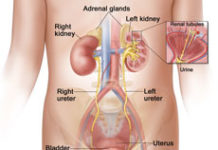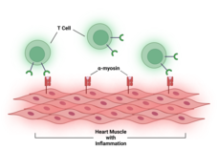On 20 July 2023, the European Medicines Agency’s (EMA’s) Committee for Medicinal Products for Human Use (CHMP) adopted a positive opinion, recommending the granting of a marketing authorisation for the medicinal product elacestrant (Orserdu), intended for the treatment of ER-positive, HER2-negative breast cancer in patients with ESR1 gene mutations.
The applicant for this medicinal product is Stemline Therapeutics B.V.
Orserdu will be available as 86 mg and 345 mg film-coated tablets. The active substance of Orserdu is elacestrant, an anti-oestrogen endocrine therapy (ATC code: L02BA04). Elacestrant selectively binds to oestrogen receptor-α (ERα) and degrades ERα protein, disrupting ERα signalling and thereby inhibiting the growth of ERα-positive breast cancer cells, including those harbouring oestrogen receptor 1 (ESR1) gene mutations.
The benefit of Orserdu is an improved progression-free survival in patients with ER-positive, HER2-negative advanced breast cancer with an activating ESR1 mutation who had relapsed after at least one prior endocrine therapy in combination with a CDK4/6 inhibitor, when compared to standard of care.
The most common side effects are nausea, increased triglyceride and cholesterol levels, vomiting, fatigue, dyspepsia, diarrhoea, decreased calcium, sodium and potassium levels, back pain, increased creatinine levels, arthralgia, constipation, headache, hot flush, abdominal pain, anaemia, and increased alanine aminotransferase levels.
The full indication is:
- ORSERDU monotherapy is indicated for the treatment of postmenopausal women, and men, with ER-positive, HER2-negative, locally advanced or metastatic breast cancer with an activating ESR1 mutation who have disease progression following at least one line of endocrine therapy including a CDK 4/6 inhibitor.
- Orserdu should be prescribed by physicians experienced in the use of anticancer therapies.
Detailed recommendations for the use of this product will be described in the summary of product characteristics, which will be published in the European public assessment report and made available in all official European Union languages after the marketing authorisation has been granted by the European Commission.
Summaries of positive opinion are published without prejudice to the Commission decision, which will normally be issued 67 days from adoption of the opinion.







